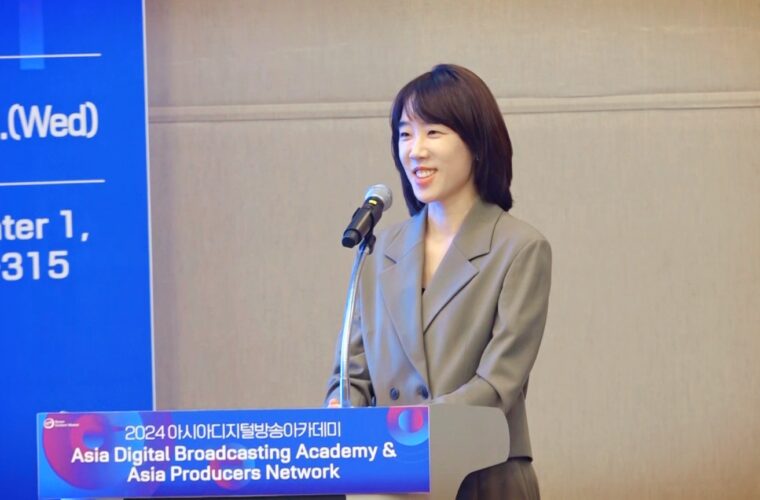Tomorrow Conference Belgrade 2023
ChatGPT, a remarkable creation of artificial intelligence, has emerged as a transformative force with profound implications across diverse sectors. In education, ChatGPT has revolutionized learning by providing personalized and accessible avenues for students to seek clarification, engage in interactive discussions, and receive instant feedback on complex subjects. This dynamic interaction enhances comprehension and fosters critical thinking. ChatGPT assists healthcare professionals in the medical realm by swiftly analyzing symptoms, suggesting potential diagnoses, and offering treatment options based on vast medical knowledge. Its speed and accuracy contribute to more efficient patient care and diagnostic precision.
Moreover, ChatGPT’s capabilities extend to factories, where it optimizes production processes by swiftly troubleshooting issues, predicting maintenance needs, and refining operational efficiency. Its integration reduces downtime and enhances overall productivity. As ChatGPT continues to evolve, its multifaceted benefits across education, medicine, and factories underscore its role as a technological cornerstone driving progress and innovation.
When ChatGPT was banned in Italy
Few months ago, the deployment of ChatGPT has faced restrictions in Italy. Citing concerns over potential misuse and ethical considerations, Italian authorities have decided to ban or limit the use of ChatGPT within the country. The decision reflects the ongoing global discourse surrounding AI regulation and the need to ensure responsible and accountable use of advanced technologies. As discussions continue, stakeholders work towards a balanced approach that respects innovation while addressing the potential challenges associated with AI systems.
The ethical use of ChatGPT is paramount to ensure its positive impact on society. It is crucial to employ this powerful tool in ways that prioritize transparency, accountability, and user well-being. Adhering to ethical guidelines means safeguarding against biases, discriminatory language, and misinformation, thereby upholding the principles of fairness and inclusivity. Additionally, respecting user privacy and obtaining informed consent is essential to maintain trust and uphold individual rights. As we harness the capabilities of ChatGPT, it is imperative to continuously assess its applications, mitigate potential risks, and foster open dialogues about responsible AI use, ultimately paving the way for a future where technology enhances human lives while upholding ethical standards.



